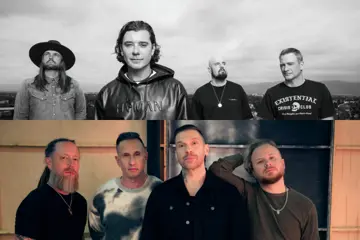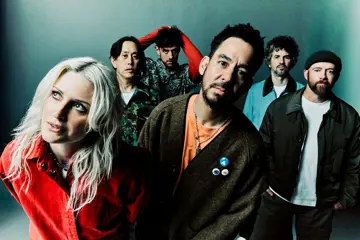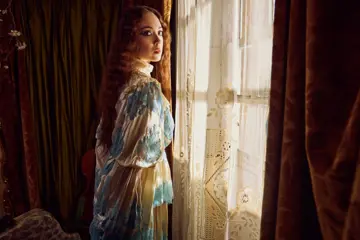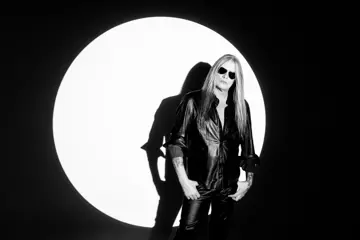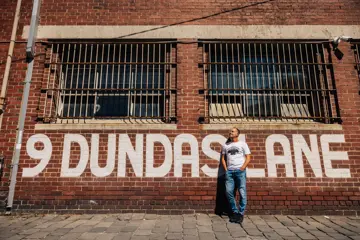It's official: the world is ending. If you weren't already freaking out about global warming or possible nuclear meltdown, the good old Mayan calendar apocalypse has now been confirmed by Julia Gillard – on triple j, no less. But stories about The End are nothing new; we've been pondering them since ancient times. Theatremaker Samara Hersch has taken the theme of Noa, her latest work, from the ultimate story of destruction and regeneration, Noah's Ark.
Hersch explains: “The idea of Noa began as looking at Noah's Ark, [the story of] a man who is told the world's going to end. He has to build a boat and create a way of surviving and dealing with this massive ending and new beginning.” It sounds very dramatic, but like all great myths it works on a symbolic level too. “Epic tales hold a lot of resonance. There are themes inside them that still speak some truth to modern life… We looked at [the story of Noah] and tried to relate it to our own lives. What are the 'everyday' endings? What are the break-ups? The grief or the loss of someone we love, [even] the end of a job.”
In Hersch's take on the tale, the story is about a brother and sister who have built a bunker to keep them safe from disaster, and all of the play's action takes place inside the world they've created. “We examined how two people live together in such close proximity over a period of time, and the different roles we take on,” she says. If being trapped in a room with your sibling for a long period of time sounds difficult, you'd be right, but there's a liberating side to it too. “There's a lot of imaginative roleplay. There are a lot of eccentric characters that come out of that. Like… a magician and a taxi driver called Clive.”
Laughs apart, alter egos are part of the playwright's fascination with the tension between intimacy and freedom. When you're trapped in a bunker with one other person they can define your reality, but in the real world, Hersch says, “[There are] multiple identities that we take on in our lives and with other people.” Perhaps no moreso than in today's technology-infused culture. “Nowadays you certainly have your real-life identity and you have your screen identity, and you might have a few ones at that,” Hersch points out. “It's an extension of who we are and how we communicate. [The team behind the play and I] started looking at computer programs and we found ways of integrating that into the performance. It was an investigation into how many voices we can create for ourselves.”
Don't miss a beat with our FREE daily newsletter
Our identities might be manifold, but all relationships have their limits, as the characters in Noa discovered. “When a sibling outgrows another sibling or undergoes a change there's a kind of betrayal or a sense of abandonment that can happen. [But that dynamic] expands beyond siblings. [It's about] letting go of people, letting go of things that we love in our lives and how we deal with that… Things do go, and you have to start again. That's a situation that people often find themselves in, and it's quite universal.”
WHAT: Noa
WHEN & WHERE: Today to Friday 21 December, La Mama Theatre




